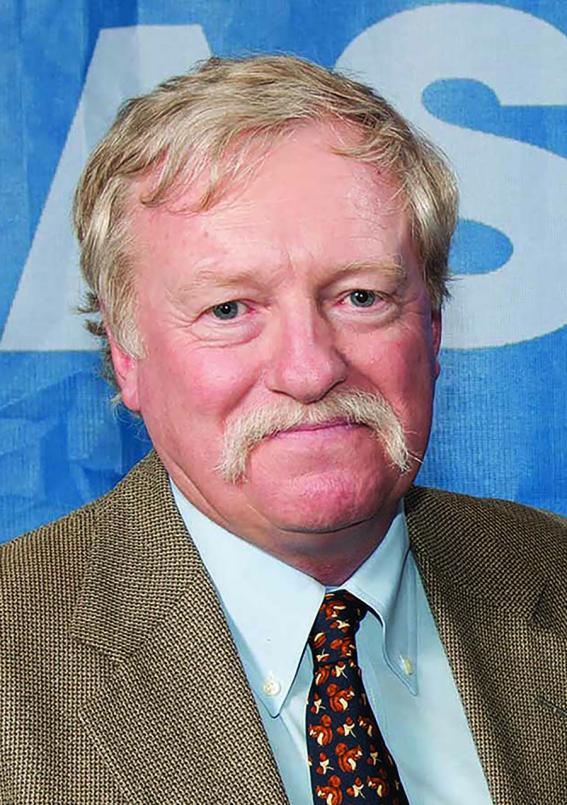2025 Accounting Alumnus of the Year: John F. Kennedy ’76 MS
April 15, 2025

When John F. Kennedy finished his master’s degree in accounting in 1976, he felt that his time at UMass Amherst had prepared him well to take his CPA exam and to work successfully at what was then one of the “Big 8” accounting firms. More importantly, he felt sure enough of his training and abilities to feel comfortable pursuing challenges beyond his expertise.
“When you have that confidence, you take it as an opportunity to really extend yourself and try to do things you might not otherwise,” he says. That’s why, after six years at KPMG, when a client offered him a position as chief financial officer for a company facing a turnaround situation, Kennedy jumped at the chance to try something new.
“I didn’t know anything about being a CFO, but I learned on the job,” he says. “I learned a ton of things—especially how to manage cash. I took that learning experience through the rest of my career.”
He worked as CFO for a string of different companies, specializing in turnarounds and technology, and felt like he had found his niche. Then, in March 2002, when he was working as CFO of a public software company, his boss decided to make a change, and fired him.
Taking Big Swings
Kennedy had never lost a job before and wasn’t sure what to do next. While he considered his options, he spent his mornings hitting golf balls.
“My handicap plummeted,” he says. “While I was on the golf course, a friend came up to me and asked about my situation. When I explained it, he told me he knew some guys with a great idea. They were experienced operators, but had never made a business plan.”
Kennedy met with them, helped write a business plan, and within six months, the group raised $28 million and bought three companies. His new career as a founder of multiple companies was in motion.
“Sometimes young people ask me what was the best day of my life—I always surprise them and say, ‘the day I got fired,’” says Kennedy. “I like to tell them that if things don’t appear to be going your way, you can fold up your tent and give up, or you can look forward—hopefully the light you see is an opportunity and not a train.”
Supporting Public Education

Kennedy feels that the confidence and competence he gained from his own Isenberg education helped him move through his career successfully, and he is committed to ensuring that today’s students have the same opportunities today.
“I never had one hour of private school education,” he says. “I think public universities and high schools are the backbone of the education system in the United States. Anything I can do to ensure they get adequate support is critical.”
At Isenberg, he supports an endowed professorship in accounting (held by Professor David Piercey) as well as a term fellowship (held by Emily Heaphy, professor of management), and an endowed fellowship. He has endowed a scholarship for Isenberg students as well.
“There’s nothing more rewarding than getting a letter from someone saying that the scholarship has allowed them to stay in school,” he says.
Kennedy recently committed $1.6 million to support the endowment of the John F. Kennedy Teaching Fellows and John F. Kennedy Technology Sandbox. The program allows exemplary faculty to share best practices with other Isenberg faculty and provides students with the opportunity to test new and emerging technologies that they could encounter in the workplace after graduation.
He also recently committed $1 million to the Script U Scholarship fund for UMass Athletics.
Kennedy will receive the Accounting Alumni of the Year Award at the 50th Annual Accounting Awards Banquet on May 1, 2025.
“Over the course of his career, Mr. Kennedy has demonstrated the success and diverse career opportunities that can be achieved with a degree in accounting from Isenberg,” says Bradley Bennett, chair of the department. “Mr. Kennedy’s generosity to UMass and Isenberg will have a profound, positive impact on our students for many generations to come. Mr. Kennedy’s professional accomplishments are impressive, and we are proud to honor him with this award.”